The Unexpected Reality: Prisons as Care Facilities
When one imagines a prison, images of terrifying darkness, punishment, and a life irrevocably altered often come to mind. Yet, for a surprising number of older individuals in Japan, these institutions are increasingly resembling a different kind of facility: a free nursing home, a notion that might seem incredible at first glance.
Despite their advanced age, even high-aged offenders who commit serious crimes, such as sexual offenses, are typically not exempted from serving their sentences in Japan. The Japanese judicial system operates on the principle of "nulla poena sine lege," emphasizing strict adherence to the law and the maintenance of social order. Consequently, if the actions of an elderly individual pose a threat to society, courts will impose genuine prison sentences, leading to their incarceration.
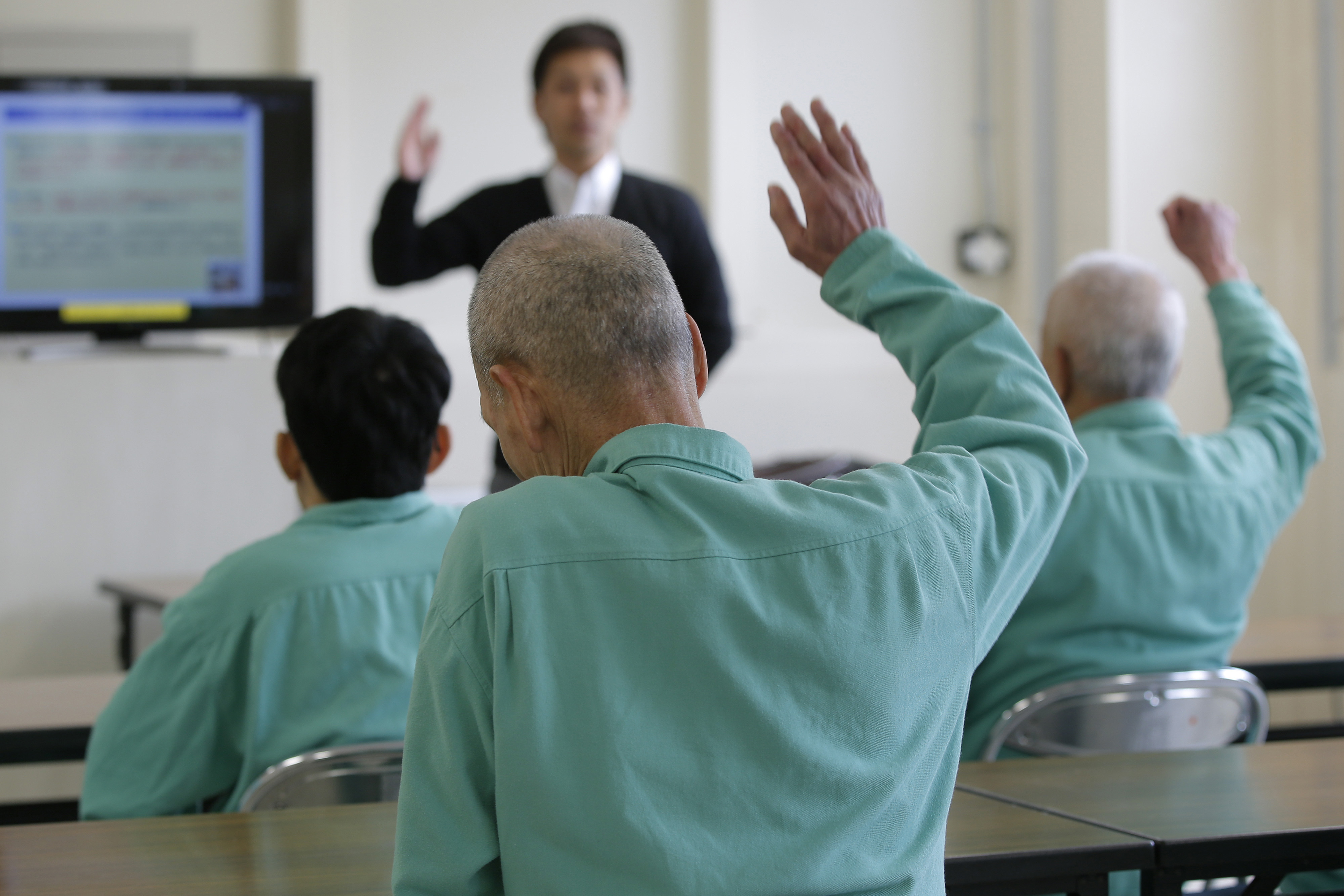
This unwavering commitment to justice, however, has collided with Japan's accelerating demographic shift towards an aging society, creating unforeseen challenges within the penal system. Prisons are now progressively adapting to cater to the unique needs of their growing elderly inmate population, implementing modifications such as installing bathrooms equipped with grab bars and providing comprehensive medical care.
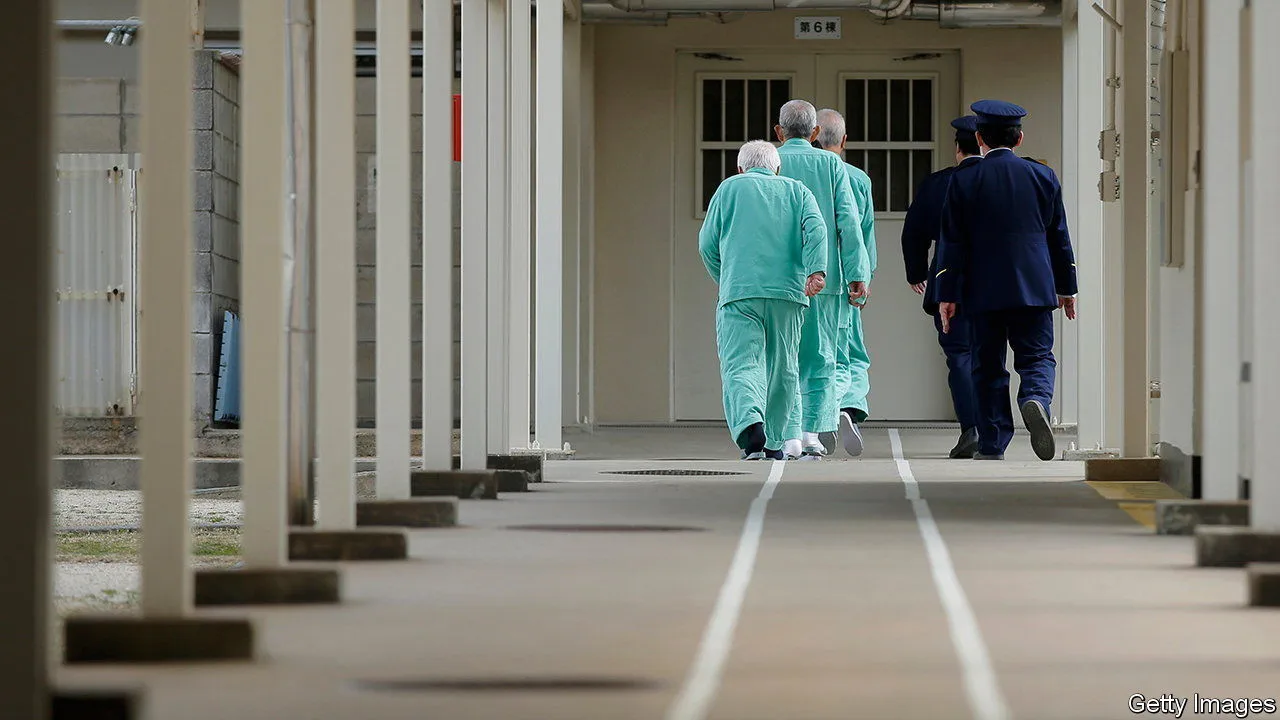
This evolving role of prisons, while necessary for humane treatment, introduces new and complex societal dilemmas. Foremost among these are the significant hurdles elderly inmates face in reintegrating into society upon release and the persistent challenge of preventing them from re-offending, a concern particularly acute in cases involving sexual crimes. To mitigate recidivism, certain regions in Japan have begun piloting social protection measures. These include mandatory psychological treatment post-release, electronic monitoring, and even regular visits from social workers. For high-aged offenders who lack family support or live alone, social welfare agencies may also step in to offer basic living assistance, provided they have fully served their sentences.
Adapting to an Aging Inmate Population
The observation that Japanese prisons are increasingly functioning as nursing homes is not merely anecdotal; it reflects a profound shift in the carceral landscape. The aging issue within Japanese prisons is becoming progressively severe, transforming the prison environment to one that increasingly mirrors care facilities. At Fuchu Prison, for instance, approximately 1800 individuals are incarcerated. Remarkably, around 340 of these inmates are aged 65 or older, meaning that roughly one in every five prisoners is an elderly individual.
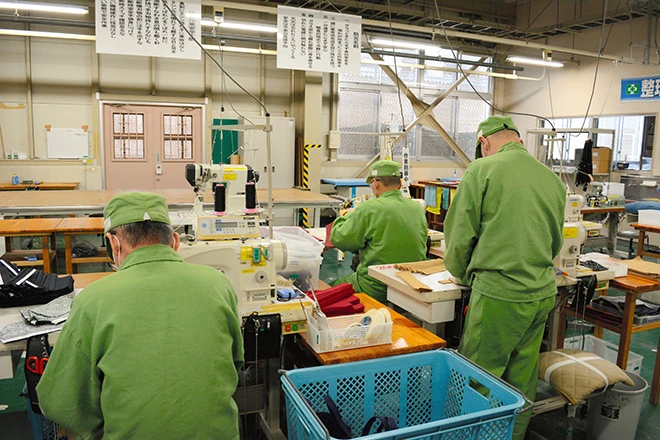
Life within these adapted facilities holds distinct characteristics for the elderly. Some high-aged inmates require the use of adult diapers, and their meals are often meticulously finely chopped to facilitate easier chewing. Due to limitations in mobility, many are confined to performing simple manual labor within their rooms, spaces colloquially known as "nursing workshops". Furthermore, to prevent dangerous falls, the bathrooms in Japanese prisons have been widely fitted with grab bars.
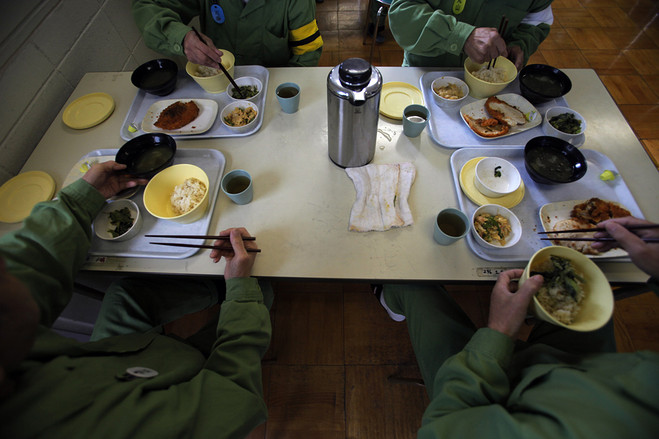
As the number of high-aged inmates continues its ascent, the workload on prison staff grows heavier, reaching increasingly burdensome levels. Some observers contend that the current state of these prisons serves as a stark microcosm of Japan's broader aging society.
The Deeper Societal Roots of Recidivism
Beneath the surface of this rising elderly inmate population lies a deeper societal malaise: the pervasive issues of social isolation and economic hardship. Statistical data reveals a concerning trend: nearly 70% of prisoners aged 65 and over are repeat offenders who find themselves back behind bars shortly after their release. Compounding this, approximately 30% of these recidivists possess no family members or reliable social connections to lean upon.
A poignant example illustrates this grim reality: a 73-year-old man, upon his release from prison, found himself with nowhere to go and no one to meet him. His desperation led him to a convenience store, where he resorted to stealing food. Upon his arrest, his confession painted a stark picture of his despair: "I had nowhere to go after release; I'd rather return to prison".

For many elderly individuals facing such profound isolation and destitution, prison has ironically become their "last refuge". Within its walls, they are guaranteed not only food and lodging but also the fundamental care for their basic living needs. Compared to a life marked by isolation and utter helplessness in the wider society, the structured and managed environment of a prison can, paradoxically, offer a sense of security and peace of mind.
Seeking Solutions: Strengthening Social Support
Japanese experts contend that the fundamental solution to this complex issue lies in strengthening the nation's social support system. They propose a multi-faceted approach, including expanding welfare provisions for the elderly, offering comprehensive re-employment training programs, and fostering robust community mutual aid networks. Experts emphasize that only through dedicated efforts to help elderly individuals truly reintegrate into society can this vicious cycle of incarceration and re-incarceration be effectively broken, thereby allowing prisons to return to their intended and original function.
Related Articles
You may also like...
International Hostess Bar Since 1993
夢
ORIGIN
・ International Hostess Bar since 1993
・ Japanese Hospitality with International Service
・ Diverse and Charming Floor Ladies
・Located in Shinjuku, Tokyo
・Transparent Pricing
・Easy Online Reservations

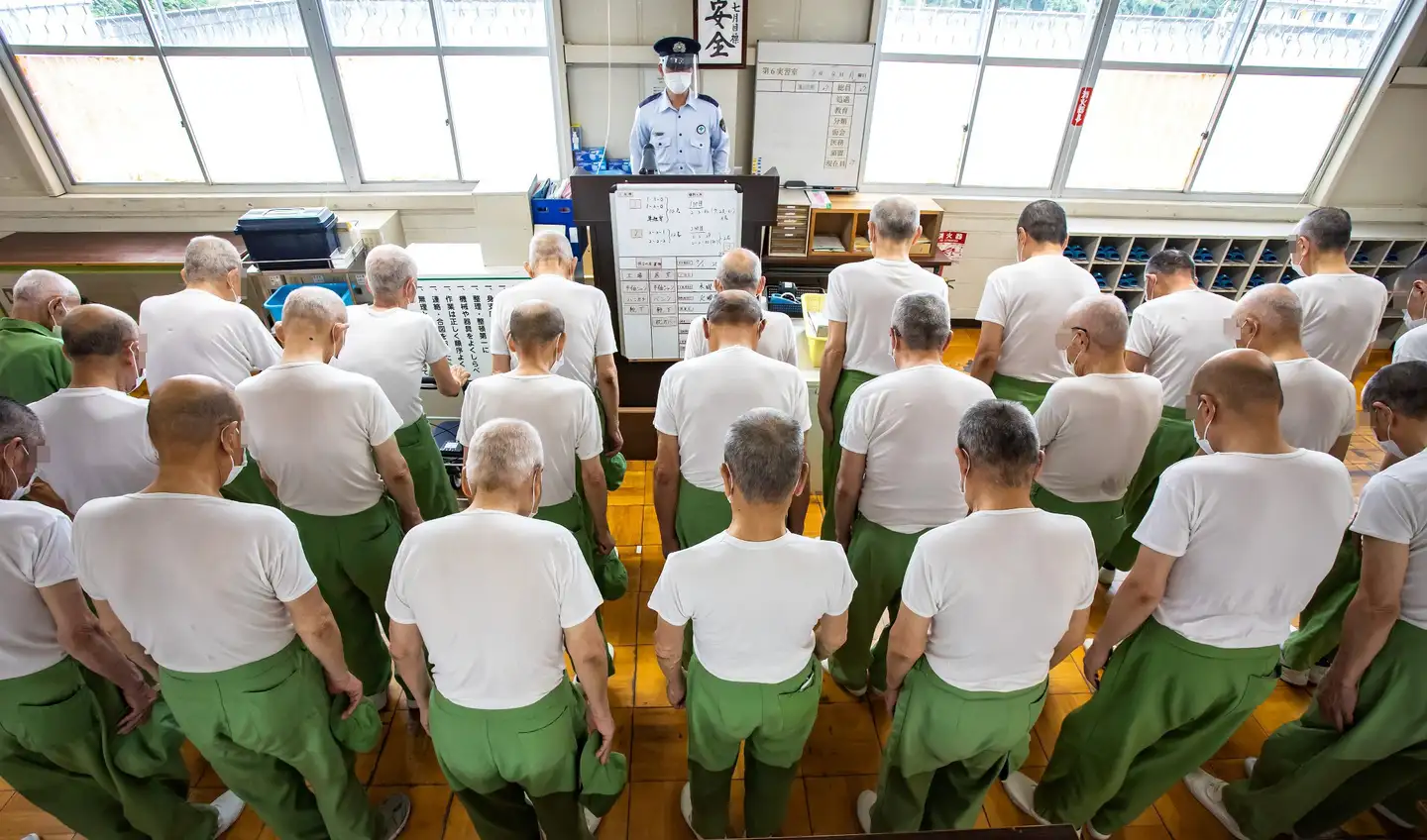



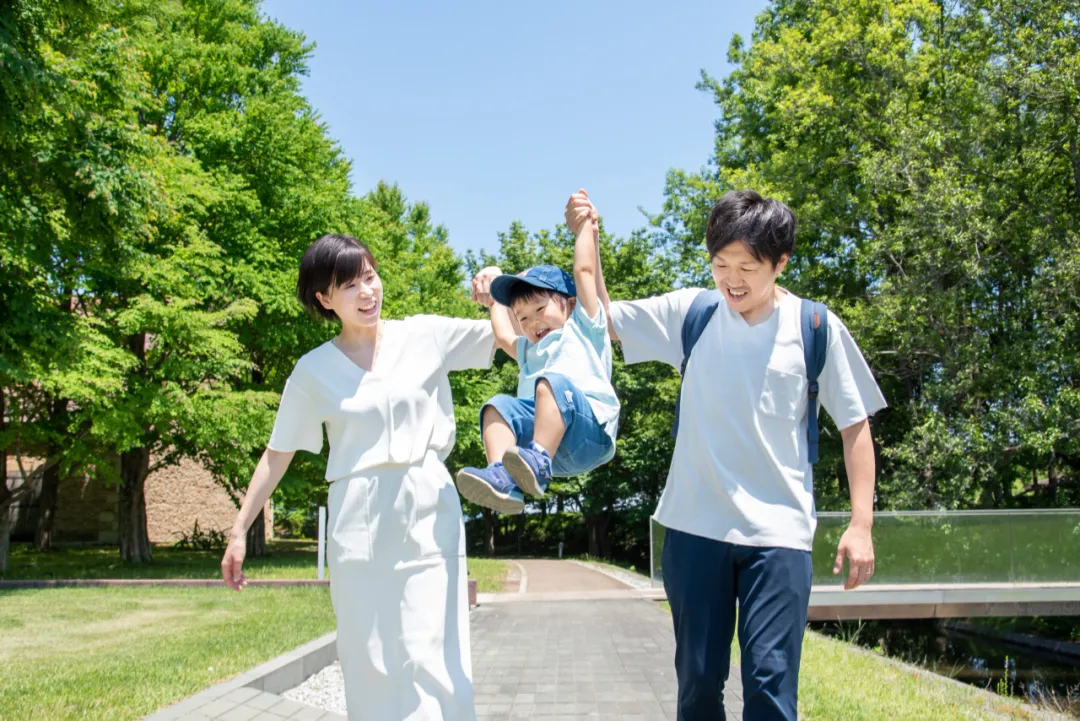







-Aug-03-2024-02-44-14-8188-AM.webp)






